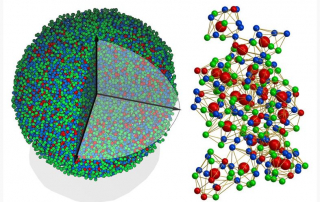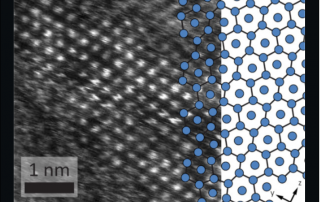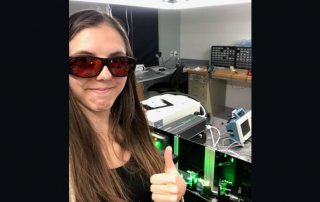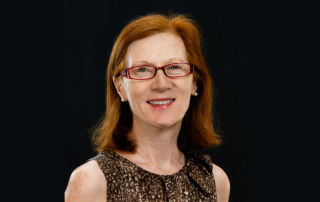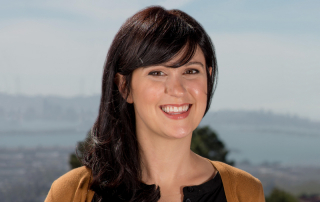Century-old problem solved with first-ever 3D atomic imaging of an amorphous solid
UCLA-led study captures the structure of metallic glass. Glass, rubber and plastics all belong to a class of matter called amorphous solids. And in spite of how common they are in our everyday lives, amorphous solids have long posed a challenge to scientists. Since the 1910s, scientists have been able to map in 3D the atomic structures of crystals, the other major class of solids, which has led to myriad advances in physics, chemistry, biology, materials science, geology, nanoscience, drug discovery and more. But because amorphous solids aren’t assembled in rigid, repetitive atomic structures like crystals are, they have defied researchers’ ability to determine their atomic structure with the same level of precision. Until now, that is. A UCLA-led study in the journal Nature reports on the first-ever determination of the 3D atomic structure of an amorphous solid — in this case, a material called metallic glass.
